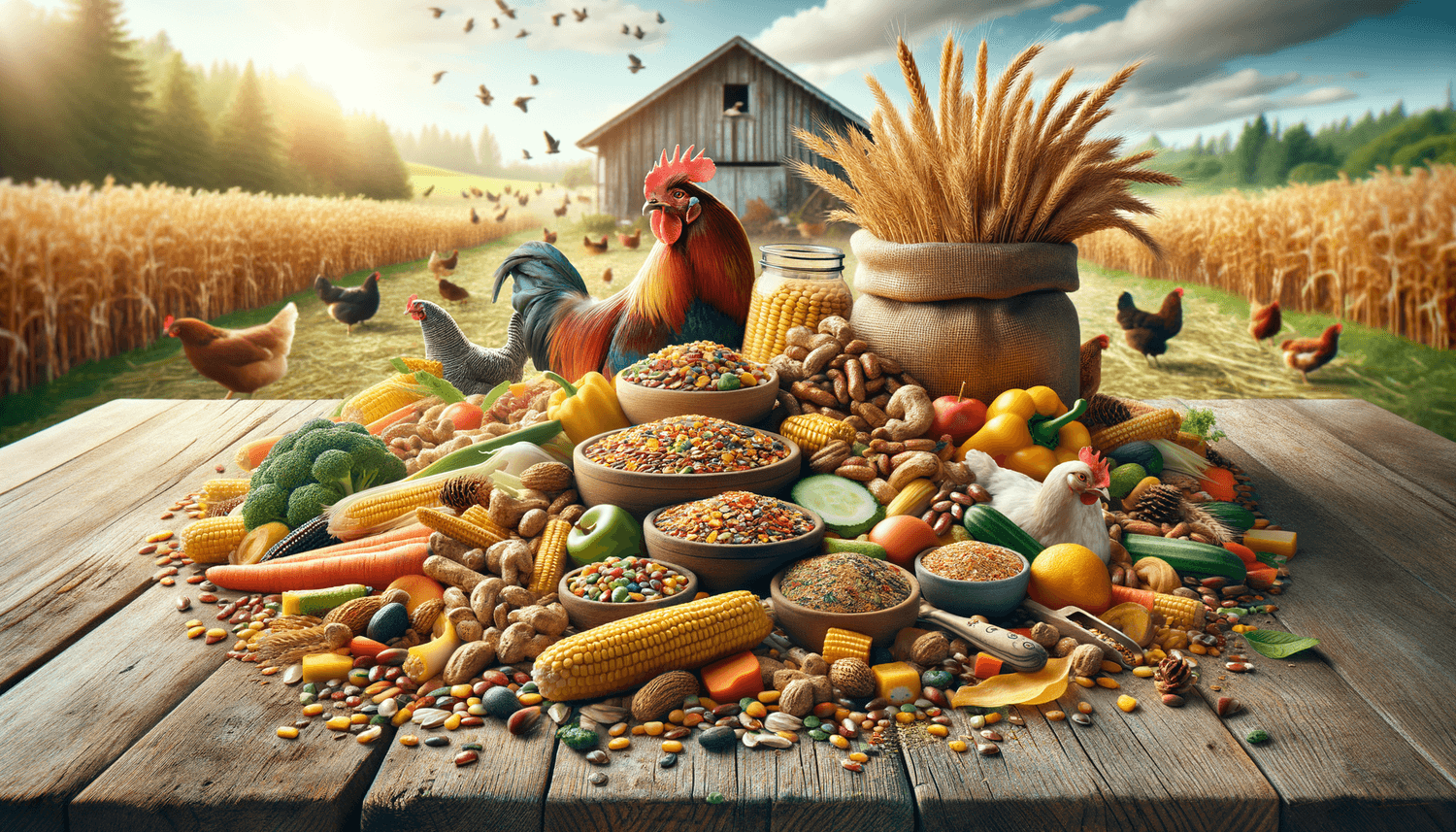As a backyard chicken owner, understanding the dietary needs of your chickens is crucial for their health, well-being, and productivity. Chickens are omnivores, meaning they eat both plant and animal-based foods. A balanced diet is key to raising healthy, happy chickens. This comprehensive guide will delve into what to feed your chickens and what they can safely eat.
Understanding a Chicken’s Diet
Chickens require a diet rich in proteins, carbohydrates, vitamins, and minerals. The foundation of their diet is usually commercial poultry feed, which is formulated to provide a balanced intake of nutrients. However, chickens also enjoy a variety of other foods.
Commercial Poultry Feed
- Layer Pellets: These are formulated for laying hens, containing the right balance of calcium, protein, and other nutrients necessary for egg production.
- Starter and Grower Feed: Specifically designed for chicks and growing chickens, these feeds have higher protein content to support their rapid growth.
Grains and Seeds
- Corn and Wheat: Good sources of carbohydrates but should be given in moderation.
- Oats and Barley: Healthy treats that can be scattered for foraging.
Vegetables and Fruits
- Leafy Greens: Spinach, kale, and lettuce are excellent for chickens, providing essential vitamins and minerals.
- Fruits: Apples (without seeds), berries, and melons can be given as treats. Avoid citrus fruits as they can disrupt digestion.
Protein Sources
- Mealworms and Insects: Natural protein sources that chickens can forage.
- Cooked Eggs: Surprisingly, chickens benefit from the occasional boiled or scrambled egg, but they should be cooked to avoid encouraging egg-eating habits.
Foods to Avoid
- Avocado: The pit and skin contain persin, which is toxic to chickens.
- Chocolate and Caffeine: Both are toxic to chickens.
- Onions and Garlic: Can affect the taste of eggs and potentially be harmful in large amounts.
- Raw Beans: Contain harmful toxins that can be fatal to chickens.
Water: The Essential Nutrient
Ensure your chickens always have access to clean, fresh water. Water is essential for digestion, temperature regulation, and overall health.
Feeding Guidelines
- Provide a consistent supply of commercial poultry feed.
- Treats and kitchen scraps should not exceed 10% of their diet.
- Always remove uneaten perishable foods to prevent spoilage and pests.
Health and Nutrition Monitoring
- Observe your chickens’ eating habits, feather quality, and egg production.
- Changes can indicate nutritional deficiencies or health issues.
- Consult a veterinarian or poultry nutritionist for specific dietary needs, especially if you notice any health concerns.
Conclusion
Feeding your chickens a varied, balanced diet not only ensures their health and happiness but also contributes to the quality of their eggs and the longevity of their lives. Remember, what you feed your chickens ultimately feeds you, especially if you’re raising them for egg production. Keeping informed and attentive to their dietary needs is key to successful backyard chicken keeping.
By understanding the diverse dietary needs of your chickens and providing them with the right balance of nutrients, you can enjoy the pleasures of raising a healthy, productive flock.

















